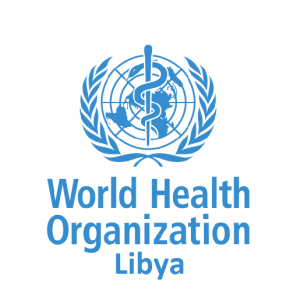By Sami Zaptia.

London, 8 June 2021:
The socio-economic impact of COVID-19 in Libya will be profound and long-lasting, the World Health Organization’s (WHO) 2020 Libya report published today says.
COVID’s effect on the global economy has dramatically reduced demand for oil and gas, which constitute Libya’s main source of revenue. In addition to COVID-19, Libya lost billions of dollars in 2020 because of the oil blockade imposed by the Libyan National Army (LNA), the report explains.
At the same time, the worldwide production of goods and services has been drastically reduced. This has left Libya’s health system extremely vulnerable, since it is heavily dependent on imported medicines, supplies and equipment, and services provided by international medical experts. The lack of foreign exchange is having a huge impact on all sectors of the Libyan economy and on the lives of ordinary people.
Inflation has increased and the value of the Libyan dinar has dropped. Government salaries are (were at the time of writing the report) being cut across the board. Throughout the country, the government is increasingly unable to finance essential services (including health care).
In the east, the rival government (which now no longer exists) appears to be no longer able to create money from credit. The country has been facing a perfect storm of vanishing revenues, divided governance, widespread corruption and the near collapse of the health system and other basic services. Now that oil production has resumed, Libya is again earning US$ 60-70 million per day from its oil resources. It also has enormous frozen assets in banks abroad.
The government must find a way to tap into these resources to cover urgent and increasing health needs and strengthen its weak and fragmented health system. Equally important, it must undertake profound reforms to root out the rampant corruption that permeates most of its national institutions.
Without these efforts, the prospects for meaningful health reform and universal health coverage appear bleak. WHO will continue to urge that an adequate share of Libya’s GDP and its huge assets be spent on health.





